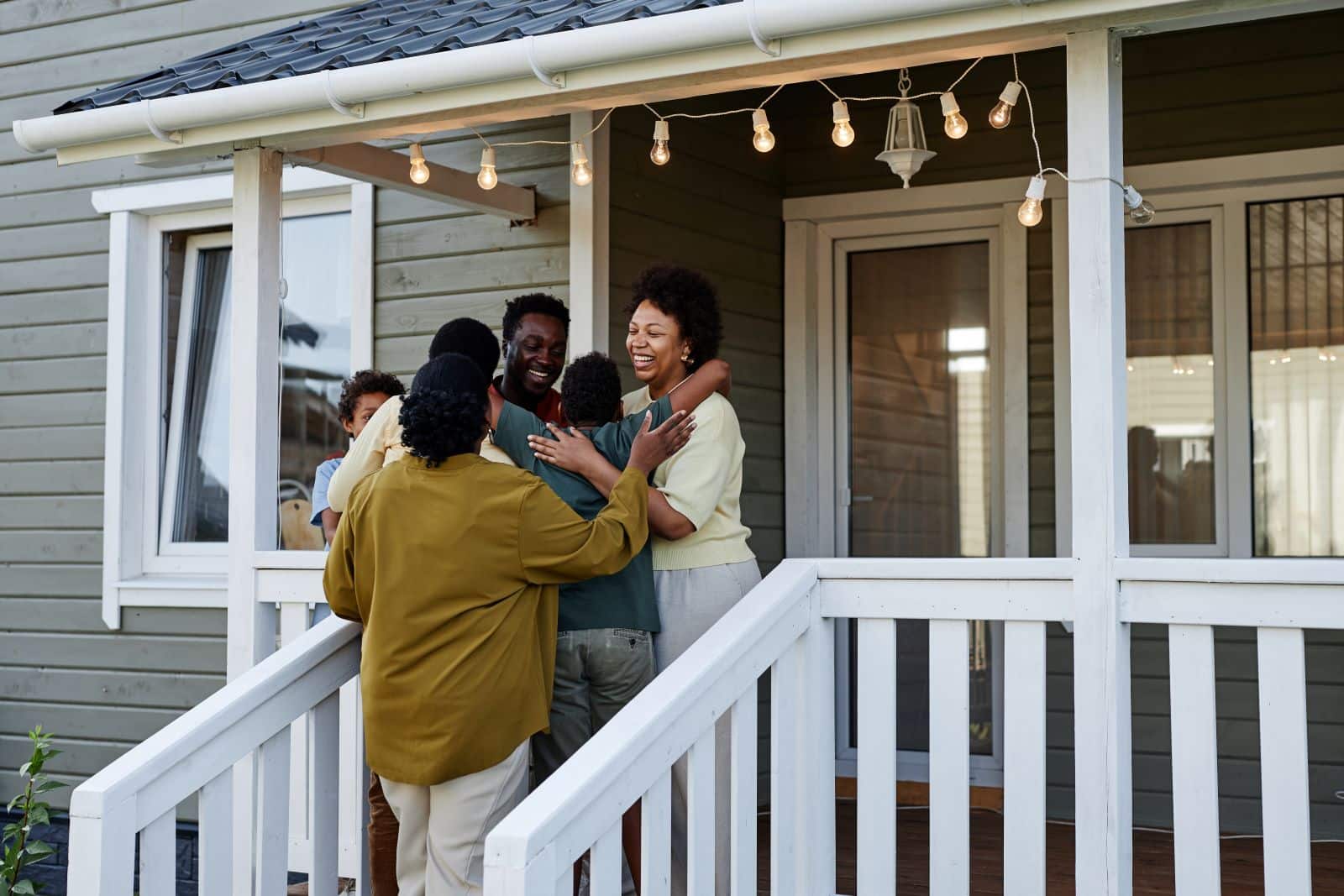As rent prices rise across the nation, some states are taking matters into their own hands. Let’s take a look at Florida’s latest measure to improve the lives of its residents.
The Affordability Crisis in Mobile Home Parks

Mobile homes used to be an affordable alternative to traditional housing.
The Rise of Mobile Home Communities in the U.S.

Cheap prices and affordable lot rent meant that these were the go-to for over 20 million Americans within small communities across the nation.
Affordability and Community Life

Today, these community parks have recreational facilities like swimming pools, playgrounds, and community centers, and some even organize social events and offer educational programs.
Florida’s Mobile Home Population

Florida has about 400,000 people living in mobile homes and around 3500 mobile home parks.
Demographic Diversity

Mobile homes have a healthy population of both the young and the old. Many older people choose to retire into communities where they can be around friends and other like-minded people of the same age, with easy access to services that will improve their quality of life.
Young Families In Mobile Homes

Younger families, meanwhile, opt for mobile homes due to their lower costs compared to traditional housing options and often for the element of freedom.
Signs of Trouble

But now, reports from various communities across Florida have indicated that mobile homes are slowly becoming unaffordable for the people who inhabit them. There are two factors pushing the prices up.
Factors Driving Up Costs

Firstly, post-pandemic prices have shot up across the board. Lot rent for many communities has gone up by hundreds in the last three years, with some people paying upwards of $1500 just to rent the land their home sits on. Without even factoring in utilities and other expenses, that’s a huge amount of money for a property choice that used to be affordable.
Escalating Home Insurance Premiums

Secondly, insurance premiums in Florida have been rising substantially since 2021. Home insurance in Florida is the most expensive in the U.S. and has risen by over 20% in the last three years – with more increases forecast for this year.
Florida’s Financial Strain

Compared with the cheapest state for home insurance (Vermont), Floridians pay over 12 times more.
Insurance Challenges

Due to these prices, many mobile homeowners are having to forego having home insurance – although this is a risky move in a state with a high hurricane and flood risk.
Lack of Options

One big reason for these higher costs is that there aren’t many options for mobile home insurance in Florida. The lack of options means that if one insurer requires a person to purchase flood insurance, then a customer has no real option other than to pay for it.
Consequences for Insurance Coverage

Flood insurance, in some cases, can add an extra $1000 to a person’s bill – effectively doubling their prices with no other recourse.
Financial Risks

While some insurers do offer lower premiums, they come with less coverage. Going without wind and hurricane protection, which are crucial in Florida, could be a costly mistake.
Insufficient Legal Protections

The issue is that these lot prices are still going up. There are still planned increases in the works, and residents of mobile homes don’t have any real legal means to fight back.
Does It Do Enough?

New legislation aimed at helping mobile homeowners was passed last week by Governor Ron DeSantis – although many don’t think it’s doing enough.
House Bill 613

House Bill 613 will change how things work with the Division of Florida Condominiums, Timeshares, and Mobile Homes and could mean big improvements for tenants and property owners alike.
Empowering Mobile Home Residents

Paula Stark, who introduced the bill, explained that “These people have had no voice, had no way to fight back a little bit if they thought the rate increases were extraordinary. So, this gives them that opportunity to mediate that.”
Addressing Mobile Home Issues

She went on to explain part of the reasoning behind the bill, “What we’re finding is that a lot of the park owners, especially the newer park owners, may be large corporations or hedge funds. Do not become part of the associations, and in some cases, some of them are the bad actors.”
Key Provisions of the New Legislation

So, what does HB 613 aim to do? It’s got three main goals:
- Make sure mobile home residents know when their rent is going up and understand what it means.
- Help elderly residents who need live-in aides by removing lot owners’ ability to charge rent for their caregivers.
- Keep an eye on lot fees and make it quicker to solve problems through mediation.
Implementation Date

While Stark admitted this bill doesn’t impose a cap on rent or help with insurance premiums, she does think it’s a good start. The new law will come into effect on July 1st, 2024.
The post – Soaring Mobile Home Prices Targeted by Florida Plan – first appeared on Wealthy Living.
Featured Image Credit: Shutterstock / inrainbows.
The content of this article is for informational purposes only and does not constitute or replace professional financial advice.





